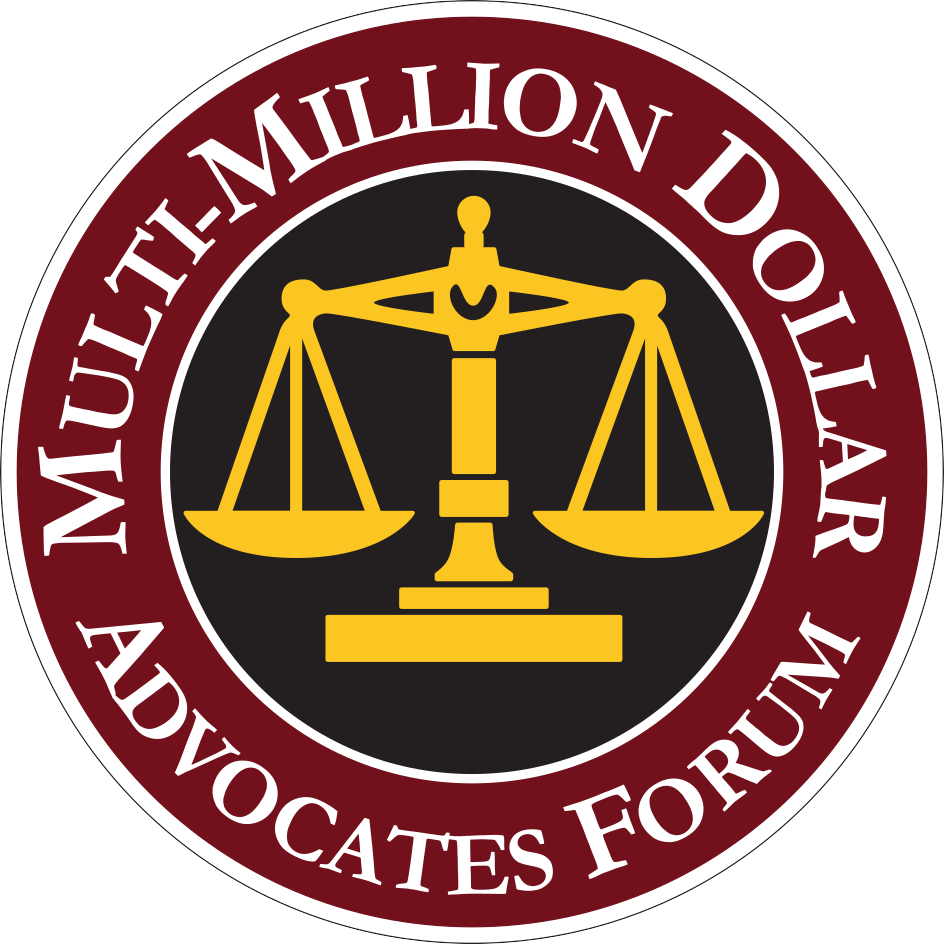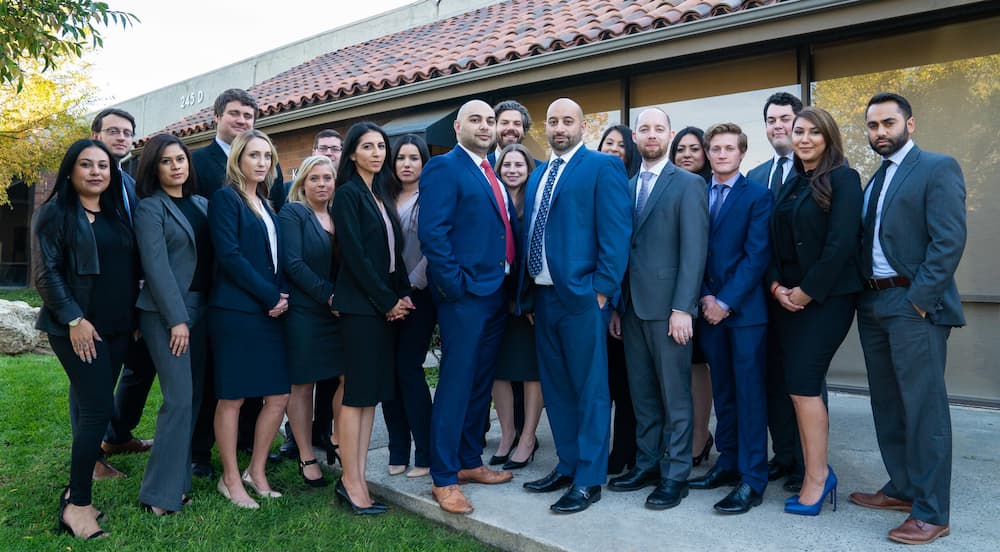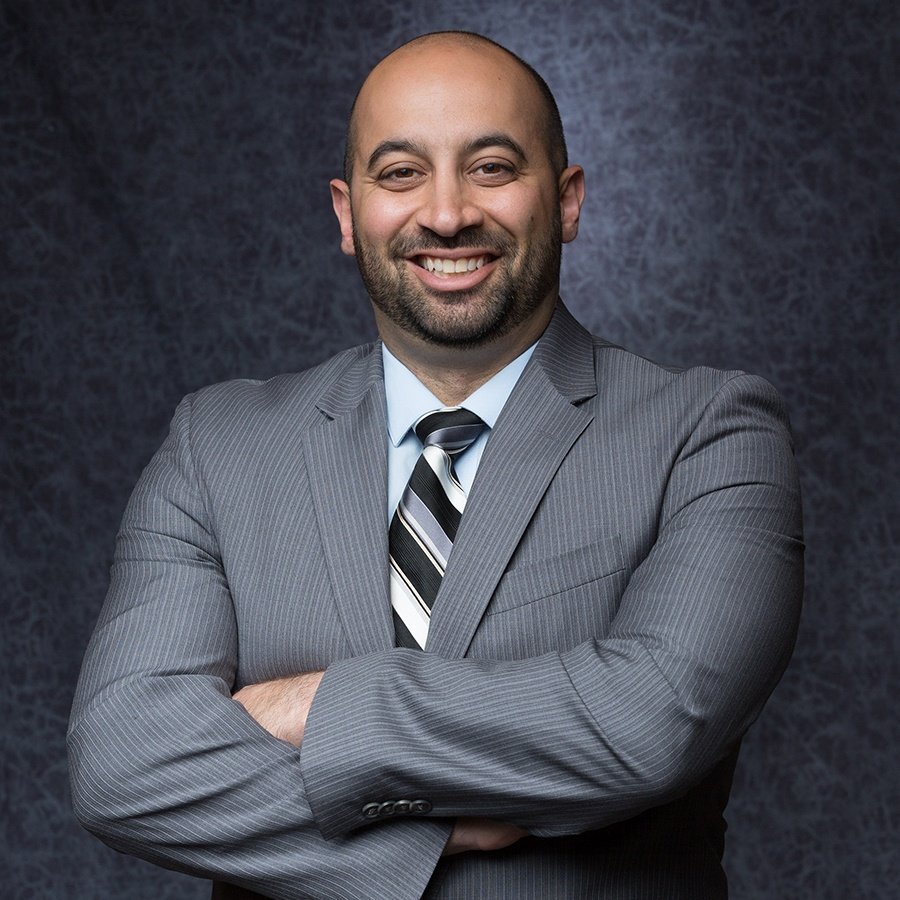Debt collection can be a daunting experience, especially when collectors employ aggressive tactics. In Texas, many individuals and families find themselves facing the emotional and financial burden associated with unfair debt collection practices. The constant phone calls, threats, and harassment can take a toll on one’s well-being and peace of mind.
Fortunately, there are laws in place to protect consumers from such misconduct. The Fair Debt Collection Practices Act, commonly known as the FDCPA, is a federal law designed to prevent harassment, abuse, and deceptive practices by debt collectors. These protections are critical for individuals and families who are struggling with debt and need relief from constant harassment.
If you are facing debt collection actions in Texas, you may be feeling overwhelmed and unsure of where to turn. It’s important to remember that you have rights under the Fair Debt Collection Practices Act (FDCPA) and Texas consumer protection laws.
At Kazerouni Law Group, we understand the stress and frustration that can come with aggressive debt collectors. Our experienced attorneys are here to fight for you and ensure your rights are upheld. Contact the Texas FDCPA attorney at Kazerouni Law Group today for a confidential consultation and take the first step towards resolving your debt collection issues.
REQUEST A FREE CASE EVALUATION
Why Choose Kazerouni Law Group

When it comes to dealing with FDCPA violations in Texas, Kazerouni Law Group stands out as a trusted partner. Here’s why you should choose us:
Experienced Texas FDCPA Lawyers
Our team of attorneys at Kazerouni Law Group has years of experience successfully handling FDCPA cases across Texas and nationally. We deeply understand the FDCPA and Texas laws, enabling us to provide the best legal representation to our clients.
Proven Track Record
We are proud of our track record of success in resolving FDCPA claims for our clients. We have achieved countless favorable outcomes and have received positive testimonials from our satisfied clients. Our results speak for themselves.
Compassionate and Personalized Representation
At Kazerouni Law Group, we understand that dealing with debt collection issues can be challenging. We are committed to treating our clients with care and respect during difficult times. Our personalized approach ensures we listen to your needs and tailor our strategies to your unique situation.
Free Initial Consultations
We offer potential clients free initial consultations. This means you can discuss your case with us without any financial obligation. We believe in providing transparency and clarity from the very beginning.
Commitment to Consumer Justice
Kazerouni Law Group is recognized as a leader in consumer protection. We are dedicated to holding debt collectors accountable and ensuring justice for our clients. Our commitment to consumer justice sets us apart from other firms.
Our Washington office is conveniently located north of Main Street Garden Park and south of Pacific Plaza at:
1910 Pacific Ave
Suite 14155
Dallas, TX 75201
What Is the Fair Debt Collection Practices Act (FDCPA)?

The Fair Debt Collection Practices Act (FDCPA) is a federal law enacted to prevent harassment, abuse, and deceptive practices by debt collectors. It provides guidelines and restrictions on how debt collectors can contact and interact with consumers. The purpose of the FDCPA is to protect consumers from unlawful tactics and ensure fair treatment in debt collection proceedings.
The FDCPA sets strict guidelines for debt collectors, prohibiting them from engaging in harassing or abusive behavior. It includes frequent and harassing phone calls, use of obscene or threatening language, misrepresentation of the amount owed or legal consequences, and contacting third parties like family, friends, or employers without authorization. Debt collectors are also restricted from threatening legal action they cannot take.
Examples of Prohibited Debt Collection Practices
Debt collectors are not allowed to engage in certain practices that can be harmful or deceptive to consumers. Some examples of prohibited debt collection practices include:
- Frequent and harassing phone calls: Debt collectors cannot repeatedly call you with the intention of harassing or annoying you.
- Use of obscene or threatening language: Debt collectors are prohibited from using offensive or threatening language during their communications.
- Misrepresentation of the amount owed or legal consequences: It is illegal for debt collectors to misrepresent the amount you owe or make false claims about the legal consequences of not paying.
- Contacting third parties without authorization: Debt collectors are not allowed to contact your family, friends, or employers without your permission except to obtain your contact information.
- Threatening legal action they cannot take: Debt collectors cannot threaten legal action if they lack the authority or intent to follow through.
How the FDCPA Applies in Texas
While the FDCPA is a federal law, Texas has its own specific laws that complement FDCPA protections, such as the Texas Debt Collection Act. These laws work together to establish guidelines and regulations for debt collectors operating in the state. It’s essential to consult with a Texas FDCPA lawyer familiar with federal and state laws to ensure your rights are protected.
Signs You May Be a Victim of FDCPA Violations in Texas

You should be aware of the signs that you may be a victim of FDCPA violations in Texas. If you experience any of the following, you may be subjected to unfair and abusive debt collection practices:
- Persistent calls, especially at odd hours or multiple times per day: Debt collectors should not constantly call you, especially at inconvenient times.
- Intimidation, threats, or harassment from debt collectors: Debt collectors should never intimidate or harass you in their communications.
- False claims about lawsuits, earnings garnishment, or arrest: Debt collectors may try to scare you by making false claims about legal consequences.
- Attempts to collect on a debt you do not owe: If you are being pursued for a debt you do not owe, it is likely a violation of the FDCPA.
- Unethical practices like contacting your employer or family members about your debt: Debt collectors should respect your privacy and not contact third parties without your authorization.
If you are experiencing these signs, taking action and protecting your rights is essential.
REQUEST A FREE CASE EVALUATION
Why You Should Take Action Against FDCPA Violations
Taking action against FDCPA violations is vital for several reasons:
Regain Control and Peace of Mind
By pursuing legal action against debt collectors who violate the FDCPA, you can end the harassment and stress they cause. Regaining control over your financial situation will bring peace of mind and allow you to focus on resolving your debts fairly and reasonably.
Hold Debt Collectors Accountable
Reporting and addressing abusive debt collection behaviors is critical to improving industry standards. By taking action, you can hold debt collectors accountable for their actions and help prevent similar violations in the future.
Protect Your Financial Stability
Unscrupulous debt collection practices can potentially harm your credit score or financial reputation. By taking action against FDCPA violations, you protect your financial stability and ensure that your rights as a consumer are upheld.
How a Texas FDCPA Lawyer Can Help

When faced with FDCPA violations, it is vital to seek the assistance of a Texas FDCPA attorney from our firm who can guide you through the legal process. Here’s how a lawyer can help:
Stopping Harassment Immediately
Your Texas FDCPA attorney can issue a cease-and-desist letter to debt collectors, halting all direct communication with you. This immediate action provides relief from harassment and gives you the space to resolve your debts without interference.
Evaluating Your Case
Our Texas FDCPA lawyers will assess whether the debt collector has violated the FDCPA or Texas laws. They will investigate the case, determine the best course of action to protect your rights, and seek appropriate remedies.
Recovering Damages
If the debt collector has violated the FDCPA or Texas laws, you may be eligible to pursue compensation for statutory damages, emotional distress, and attorney fees. A seasoned Texas FDCPA attorney from our firm will fight for your rights and help recover the damages you deserve.
Navigating the Legal Process
Navigating the legal process can be overwhelming, but with the support of one of our Texas FDCPA lawyers, you can feel confident and informed every step of the way. They will ensure that you understand your rights, advocate for you during negotiations or litigation, and provide the guidance you need.
Steps to Take If You Suspect FDCPA Violations
If you suspect that debt collectors are violating the FDCPA, be sure to take the following steps:
Document All Interactions
Keep a record of all interactions, including voicemails, emails, letters, and call logs. Note the date, time, and details of each communication. This documentation will serve as valuable evidence in your case.
Avoid Engaging With Aggressive Collectors
Limit your contact with debt collectors and refrain from providing any additional information. Engaging with aggressive collectors may exacerbate the situation or provide them with more ammunition.
Contact a Texas FDCPA Attorney
Contact one of our Texas FDCPA attorneys to discuss your case. They will evaluate the details of your situation, provide sound legal advice, and take the necessary steps to end the harassment and protect your rights.

Frequently Asked Questions About FDCPA in Texas
Understanding the FDCPA and its application in Texas can raise several questions. Here are answers to some frequently asked questions:
What debts are covered under the FDCPA?
The FDCPA covers personal, family, and household debts. These can include credit card debts, personal loans, medical debts, mortgages, and car loans, among others.
Can I still file a claim if I owe the debt?
You still have rights under the FDCPA, even if you owe the debt. Debt collectors must adhere to specific guidelines and cannot engage in abusive or deceptive practices. What you owe or how much you owe has no bearing on how they can treat you or your legal rights if they violate the law.
How long do I have to file a claim in Texas?
Under the FDCPA and Texas laws, you generally have one year from the violation date to file a claim against a debt collector. Therefore, it’s best to contact one of our Texas FDCPA attorneys as soon as possible.
What if the debt collector operates outside of Texas?
If the debt collector operates outside Texas but contacts you in Texas, they must still comply with the FDCPA and Texas laws.
Can a lawyer help me recover compensation for emotional distress?
Yes, our lawyers can help you pursue compensation for emotional distress if the debt collector has violated the FDCPA. Emotional distress damages are available under the law.
What should I do if a debt collector calls my employer or family?
The FDCPA strictly limits third-party communication. Debt collectors can only contact third parties to confirm your contact information, and even then, they are prohibited from discussing your debt. If a collector oversteps these boundaries, it’s a clear violation of the FDCPA, and you should contact our Texas FDCPA attorneys immediately.
How can I get started with an FDCPA claim in Texas?
The first step is to consult a Texas FDCPA lawyer from our firm for a free case evaluation. We will review your situation, explain your rights, and outline the following steps to take action against abusive debt collectors. Contacting our law firm promptly can help protect your rights and ensure a successful outcome.
Contact Kazerouni Law Group for Help Today

As someone who has suffered due to unfair debt collection practices, it’s essential to understand your rights and take necessary actions to protect them. The Fair Debt Collection Practices Act (FDCPA) exists to safeguard consumers from abusive and deceitful practices employed by debt collectors. If you believe your rights under the FDCPA have been violated, it is imperative to seek legal representation.
If you are facing debt collection actions in Texas and need assistance, don’t hesitate to contact the Texas FDCPA lawyers at Kazerouni Law Group. For a confidential consultation with a Texas FDCPA lawyer, contact us at (800) 778-2065. Our dedicated team is ready to fight for your rights and ensure you are treated fairly in debt collection proceedings. Don’t let debt collectors push you around - take action today and regain control over your financial situation.